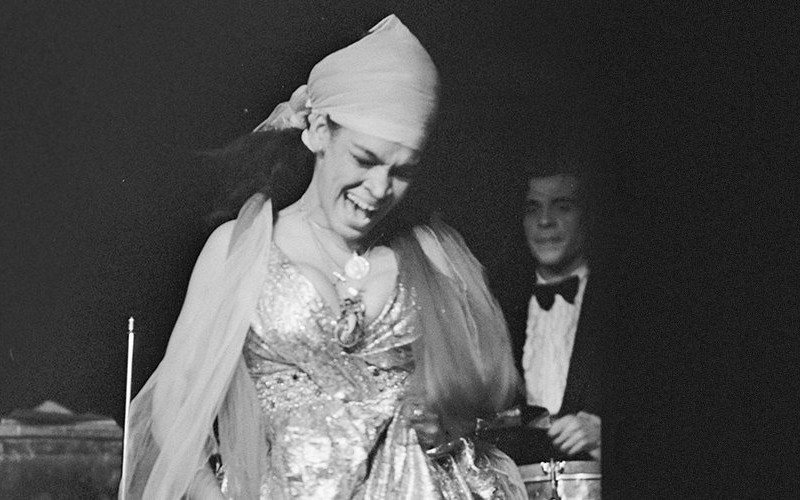Meet Angela Guzman, the Latina Who Co-Designed Apple’s Emojis
Guess who’s behind these: 👗🎉💩💍🎄? A brilliant Latina, of course! Truly, our touch is everywhere.

In today’s digital age, few things have gained as much universal popularity as emojis. These little icons transcend language, making them a global medium for expressing emotions, reactions, and so much more. But have you ever paused to think about where these emojis originated from?
Who created the first emojis?
The term “emoji” is of Japanese origin, combining “e” (picture) and “moji” (character). Emojis were first developed in the late 1990s by Shigetaka Kurita, who was working for NTT DoCoMo, a Japanese mobile operator. He created a set of 176 12×12 pixel images that were used on mobile phones to convey information succinctly.
Following their initial success in Japan, emojis started to catch the attention of other mobile operators and platforms. However, because there wasn’t a standard set, various companies introduced their interpretations, which led to compatibility issues.
Recognizing the potential for these symbols, the Unicode Consortium, which aims to maintain text standards across computers, integrated emoji into its system in 2010. This standardization ensured that an emoji sent from one device would appear the same on another device, making communication more consistent across platforms.
Apple’s Emoji Evolution
Enter Angela Guzman. As a design intern at Apple in the summer of 2008, Angela, alongside her mentor Raymond Sepulveda, was tasked with the challenge of designing Apple’s original set of emojis for the iPhone’s debut in Japan. Their goal was to create visually appealing emojis that would resonate with users while staying true to Apple’s design aesthetic.
Guzman’s contributions to the emoji world cannot be understated. Many of the emojis beloved by iPhone users, like the cheerful pile of poo, the engagement ring, assorted hearts, the Christmas tree, and the party popper, were crafted by her. Some designs, like the blue dress, even carry personal touches – it was inspired by one of her sister’s dresses.
Under Apple’s influence, these emojis became more than mere symbols; they became design pieces that conveyed emotion, nuance, and humor. With Apple’s global reach, Guzman’s designs helped set a new standard for what users worldwide expected of emojis.
Today, the emojis Angela Guzman co-designed alongside Raymond Sepulveda are a part of our everyday language. They have become a tool for storytelling, allowing users to express themselves in ways words sometimes can’t. Emojis have found their way into art, cinema, advertising, and popular culture.
After her foundational work on Apple’s emojis, Angela Guzman continued to forge a path of innovation and excellence in Silicon Valley. Venturing beyond the emoji universe, she has since collaborated with tech titans like Google, Airbnb, and Pinterest. At Google, she was at the forefront, steering UX teams to craft transformative experiences for the Google Assistant, spanning from mobiles to smart speakers. Her leadership at Airbnb birthed a groundbreaking redesign of their mobile hosting app, an accomplishment that not only garnered acclaim but has shaped Airbnb’s enduring design ethos.
Today, Angela is more than a design maestro; she’s a beacon of inspiration, consistently sharing her story, inspiring countless other young designers and innovators from diverse backgrounds, and uplifting Latina voices in the tech sphere. In her Awwwards conference, she starts with a very poignant question:
How in the world did a girl from Colombia who doesn’t speak a word of English end up working in the heart of Silicon Valley for over a decade?
Angela’s story isn’t just a testament to her individual success, but a rallying call to all who dare to dream, to conquer, and to redefine what’s possible.
Fearlessly Forward in Silicon Valley | Angela Guzman | TEDxPenn




